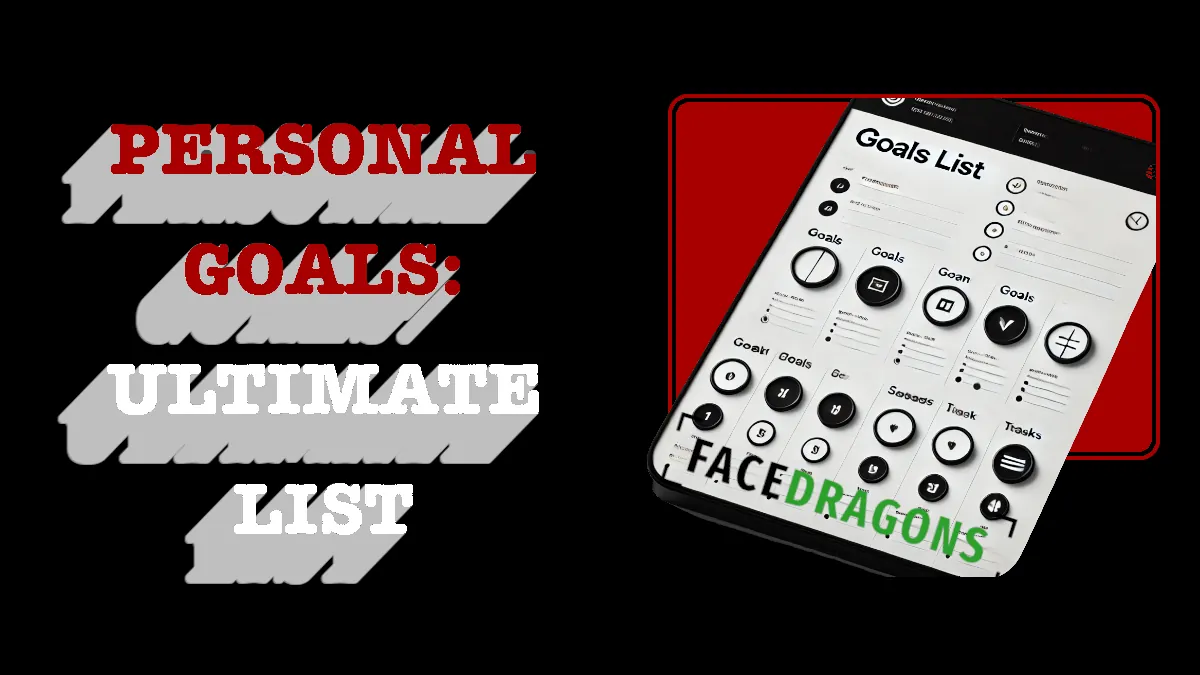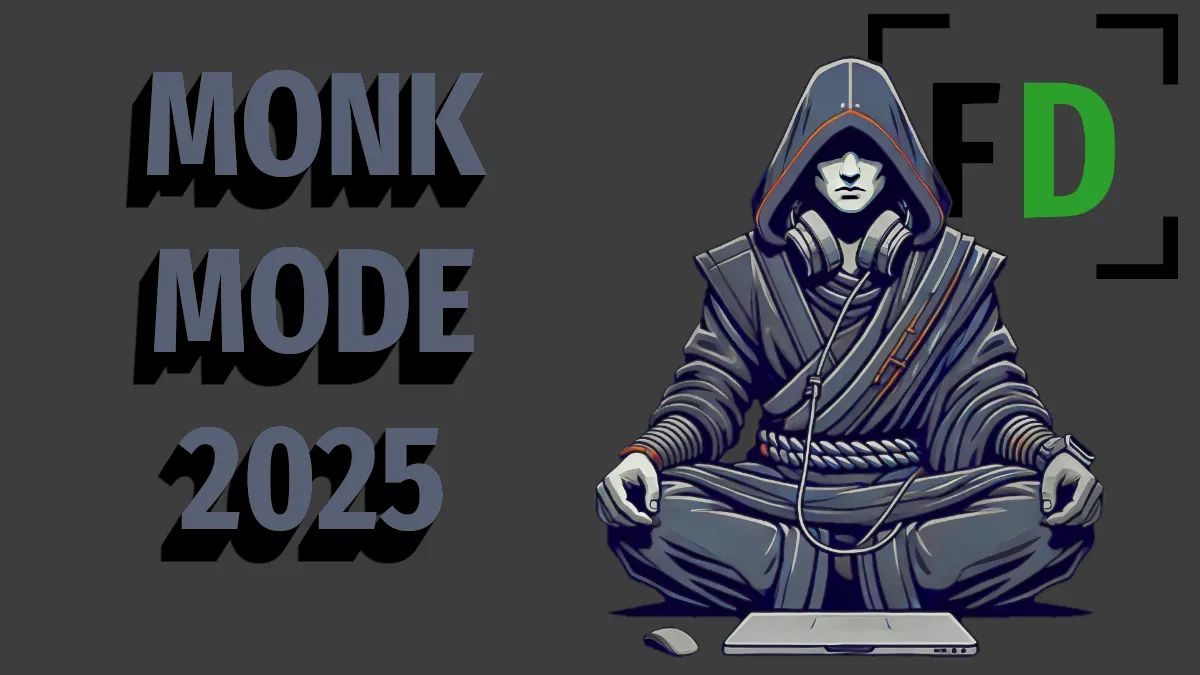Do this year’s words of the year represent your 2022?
Every year, dictionary makers Merriam-Webster, Collins, and Oxford try to capture the zeitgeist by selecting a word of the year. The words are supposed to represent the year you went through in 2022, but do they?
Here Are the Words of the Year
- Oxford: “Goblin Mode”
- Merriam-Webster: “Gaslighting”
- Collins: “Permacrisis”
Oxford: “Goblin Mode”
Goblin Mode – “a slang term, often used in the expressions ‘in goblin mode’ or ‘to go goblin mode’ – is a type of behavior which is unapologetically self-indulgent, lazy, slovenly, or greedy, typically in a way that rejects social norms or expectations.”
Goblin mode, the Oxford English Dictionary’s word of the year, was chosen by vote. For the first time in the publication’s history, Oxford let the people decide on the word that best represented their year. Goblin mode was the way that many people felt in the early part of 2022 when omicron caused a new round of lockdowns across many countries.
Those who stopped washing, looking after themselves, and were content to lay about the house were said to be in “goblin mode.” Some found it hard to stop being lazy after the lockdowns were over, so the phrase goblin mode stuck.
Goblin mode beat metaverse and #IStandWith to become the word of the year.
After Facebook’s name change in 2021 to Meta, assuming that the metaverse is nothing more than the next implementation of its social media platform is understandable. But confusion still circulates over what the metaverse will be.
Will it be a new type of social media? A second brain? Or something that replaces real life altogether? One thing is for sure; it’s not the word of the year in 2022.
First used in 2009, people use the hashtag #IStandWith to show support relating to a recent event or a person or group. Most recently, however, social media users have used the hashtag to support Ukraine.
Merriam-Webster: “Gaslighting”
Gaslighting: “noun – psychological manipulation of a person usually over an extended period of time that causes the victim to question the validity of their own thoughts, perception of reality, or memories and typically leads to confusion, loss of confidence and self-esteem, uncertainty of one’s emotional or mental stability, and a dependency on the perpetrator.”
Rather than attempt to be the judge of current sentiment, Merriam-Webster uses a data-driven approach to selecting its word of the year. As chosen by Merriam-Webster, Gaslighting saw a 1740% increase in searches on the online dictionary in 2022.
Other words in consideration for their word of the year included “Omicron,” “sentient,” and “loamy.”
Searches on the online dictionary increased by 4.5 million percent for “loamy” after it was the Quordle answer on August 29. It’s an incredible increase but not enough to make this “soil consisting of a friable mixture of varying proportions of clay, silt, and sand” word of the year.
Although a genuinely sentient AI would be a step into the future of enormous importance, you will have to wait for it, despite what one Google engineer may have said. Searches for the word “sentient” soared 450% after Blake Lemoine claimed an AI at Google had become self-aware in June. Google fired him in July, making “sentient” a non-event this year.
In terms of impact, no word has brought the entire world to its knees like the 15th letter in the Greek alphabet- omicron. The coronavirus mutation brought lockdowns back to so many countries. The spikes in infection graphs of early 2022 coincided with dictionary lookups for “Omicron,” which will remain in public memory for decades.
Collins: “Permacrisis”
Permacrisis: “noun – an extended period of instability and insecurity.”
Collins’s choice of “Permacrisis” highlights the disruption to the lives of many caused by the war in Ukraine, the cost of living crisis, and the ongoing effects of the pandemic.
But according to data from Google Trends, searches for the term “quiet quitting” vastly exceeded “permacrisis.” So perhaps Collins saw quiet quitting part of what made the year feel like a “permanent crisis.”
Other words which made it to Collins’ shortlist included “Carolean” and “splooting.”
Leaving the Elizabethan to enter the Carolean age was a once-in-a-generation event, but the reign of King Charles III had barely started when the year ended. Perhaps prompting Collins not to use “Carolean” as its word of the year for 2022.
On the other hand, splooting, defined as “the act of lying flat, on the stomach with the legs stretched out.” was also a contender for word of the year. Have you ever heard of it? This reporter hasn’t.
What Would You Choose?
You might think that lexicography is a hobby for nerds, but that doesn’t mean you can have your own word of the year.
While dictionary makers know words better than anyone else, no one but you knows what you went through this year. So ask yourself if one of these words of the year reflects the year you had. If it doesn’t, what word would you use to describe 2022?








